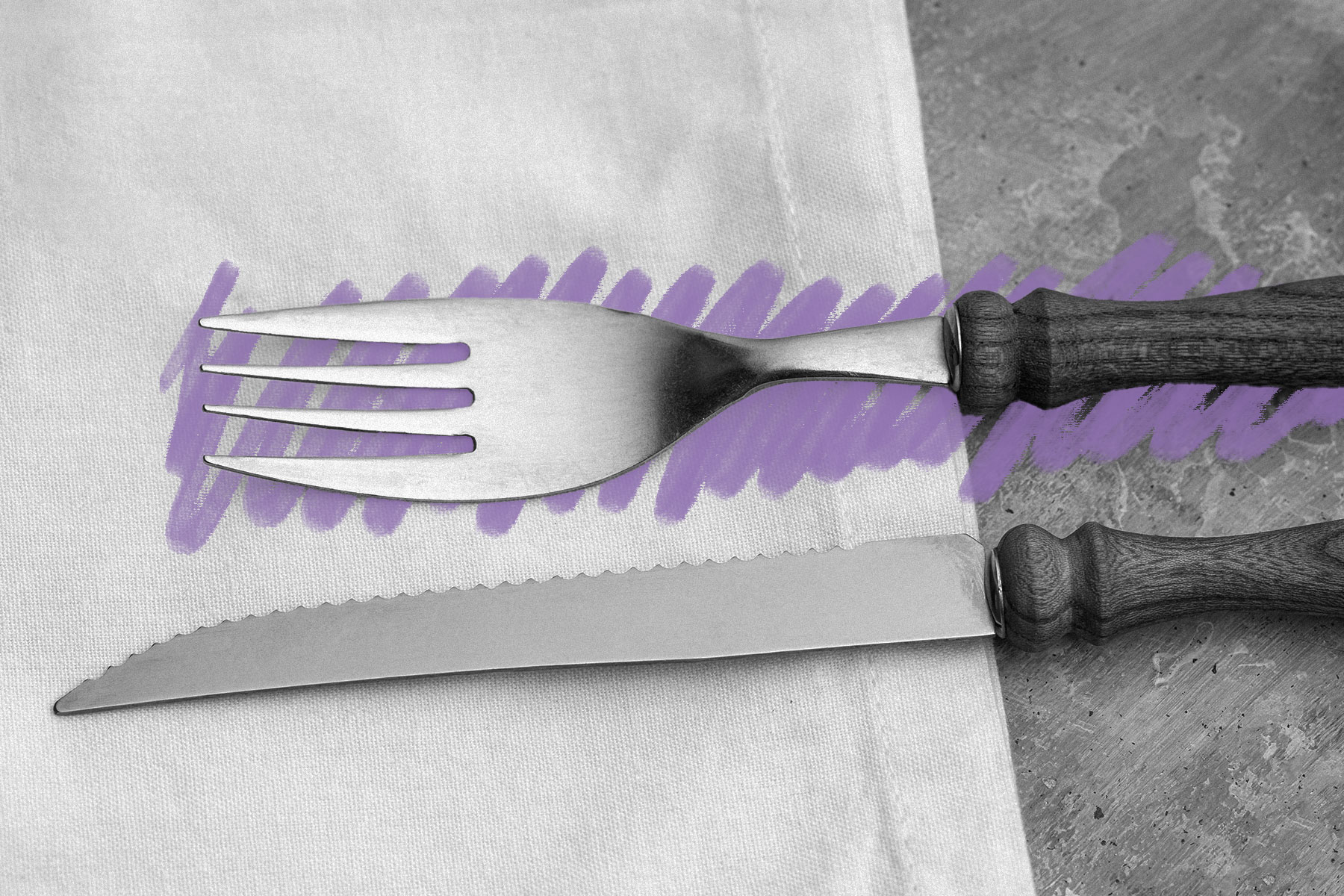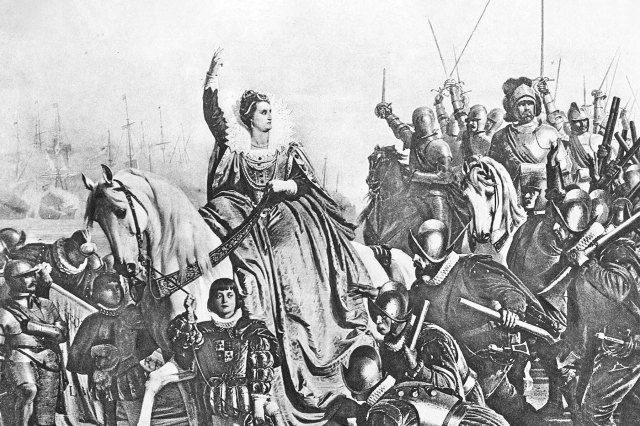Forks were considered sinful in the Middle Ages.
While forks are now a mundane and commonplace item at most dining room tables, they were once quite controversial. In the Middle Ages, many Christian Europeans considered the act of eating with a fork to be a sinful affront to God. According to some clergymen of the time, God had already given human beings 10 natural forks, in the form of the fingers on their own hands, so daring to use an artificial accessory to spear food was an offense to the Lord and his divine gifts. Not only did using a fork insult the fingers that God gifted to humanity, the thinking went, but it also insulted the food God had provided: To use a fork meant you thought the Lord’s bounty was unworthy of being touched by your hands. Forks were so frowned upon in medieval European society that when a Byzantine princess living in Venice died of the plague, her death was said to be God’s punishment for her ostentatious and hubristic custom of eating her food with a fork.
The supposedly sinful nature of forks is likely one reason it took so long for the utensils to become widely accepted by European society. While forks had existed since the days of ancient Egypt and ancient Greece, they were predominantly used for cooking, and rarely, if ever, appeared for personal use at the dinner table. Using forks for eating wasn’t a regular practice in Europe until the 17th century, and even then their popularity was limited largely to the aristocracy. It wasn’t until the late 19th century that forks became widely accepted at all levels of European society as the everyday eating utensils we know today.















